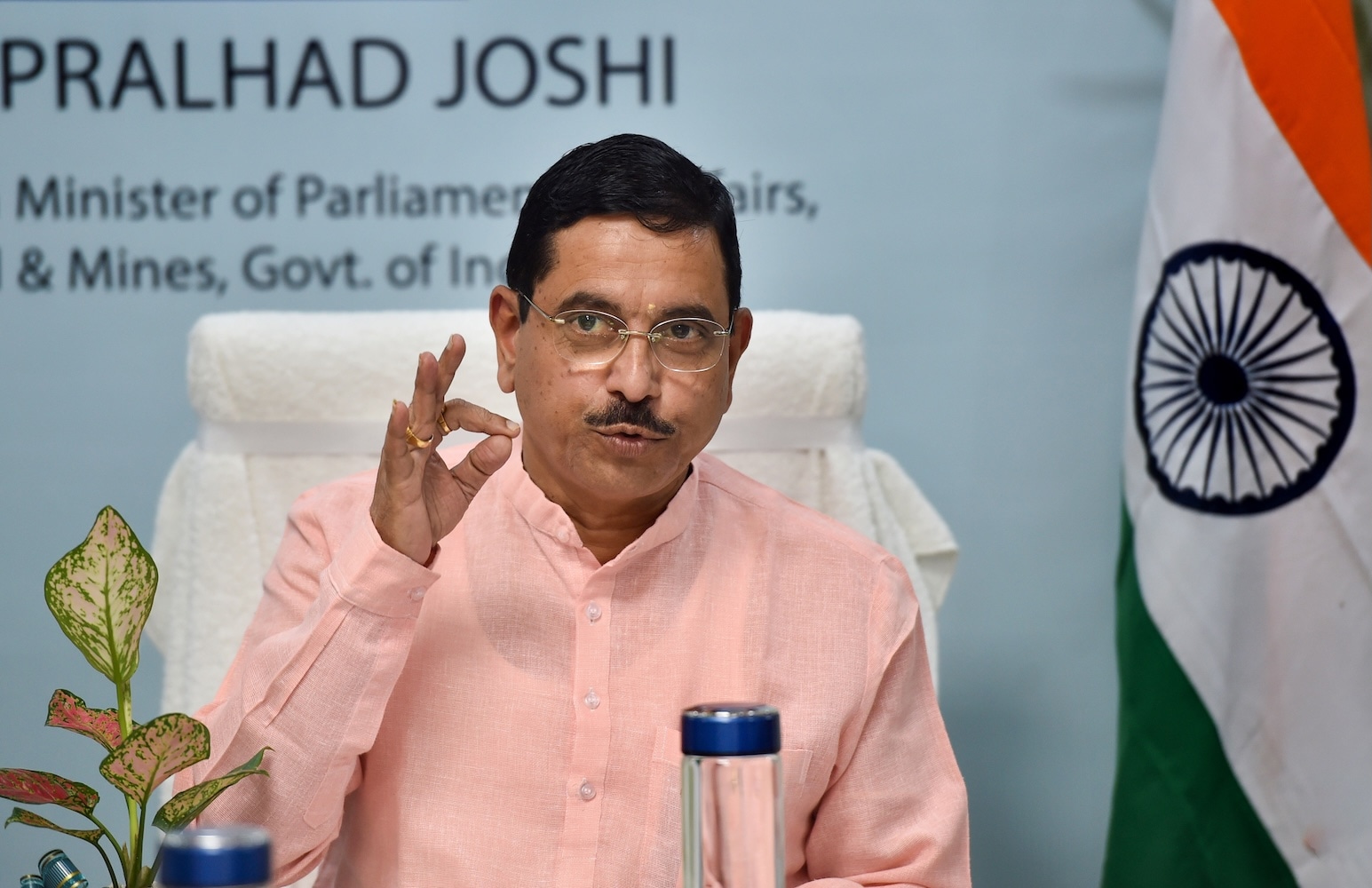

“The year 2024 has been a landmark one for India’s Green Hydrogen Mission. This being the first year, we (the government) have already awarded 4.12 lakh tonnes per annum (LTPA) capacity to 10 companies for production of green hydrogen with a total subsidy of ₹3,055 crore. For 2025, we aim to award an additional 7.8 LTPA production capacity for green hydrogen and its derivatives,” Joshi said.
He also said that in 2025, the government will issue additional standards to be published in categories such as green hydrogen production, storage and transportation, its various applications such as in aviation and railways, and so on.
Also Read: Will there be a global recession in 2025?
Besides, the government also will release a Green Hydrogen Certification Scheme in the coming year, the minister said. A draft of the same has been released in the public domain for stakeholders’ comments. The scheme aims to establish standards and procedures for certifying green hydrogen production in India. The draft states that the Bureau of Energy Efficiency would be the nodal authority to accredit agencies for monitoring, verifying and certifying green hydrogen projects.
Apart from the 4.12 LTPA of green hydrogen production capacity that has already been awarded, another tender of 4.5 LTPA is currently live for green hydrogen production and one for 7.39 LTPA for green ammonia (for fertilisers), showed Ministry of New and Renewable Energy (MNRE) data accessed by Moneycontrol.
The government has also completed two tranches of bidding for setting up 3,000 MW per annum electrolyser manufacturing capacity in India. It is now pushing states to release their own individual green hydrogen policies for additional incentives and making land available. States such as Andhra Pradesh, Gujarat and Maharashtra have already issued their own green hydrogen policies.
Also Read: Macquarie warns of likely 10% drop in Indian market in 2025
Sehul Bhatt, director, research at CRISIL Market Intelligence and Analytics, said India’s National Green Hydrogen Mission (NGHM) has made significant progress since launch two years ago, supported by policy initiatives and substantial financial aid.
“However, significant challenges remain. Production cost continues to be prohibitive and, therefore, a steep barrier. Despite policy incentives, such as waiver of transmission charges and central support schemes, the price disparity impedes large-scale adoption. Moreover, slow uptake in sectors such as industrial heating and transportation, because of the requirement of substantial capital investment and lack of necessary infrastructure—such as storage and transport facilities—continue to hinder progress,” Bhatt said.
The government approved the NGHM on January 4, 2023, hoping to become a leading producer and exporter of green hydrogen by hitting an annual production of 5 million tonnes by 2030. Currently, India’s green hydrogen production is negligible as it primarily produces grey hydrogen, which is derived from fossil fuels like natural gas and naphtha.
According to the World Bank, India has already attracted commitments of $70 billion in investments in green hydrogen and electrolyser manufacturing. Companies like Reliance Industries, Adani Enterprises, Indian Oil Corporation, Larsen & Toubro and NTPC have committed investments in the sector.
Also Read: Why Mark Matthews thinks US market can dip 20% in 2025
Green hydrogen is a carbon-free fuel produced through electrolysis, a process that separates hydrogen from oxygen in water using an electric current. The electricity used in the process comes from renewable sources such as wind or solar, hence the term “green” hydrogen.
Disclosure: Moneycontrol is a part of the Network18 group. Network18 is controlled by Independent Media Trust, of which Reliance Industries is the sole beneficiary.



